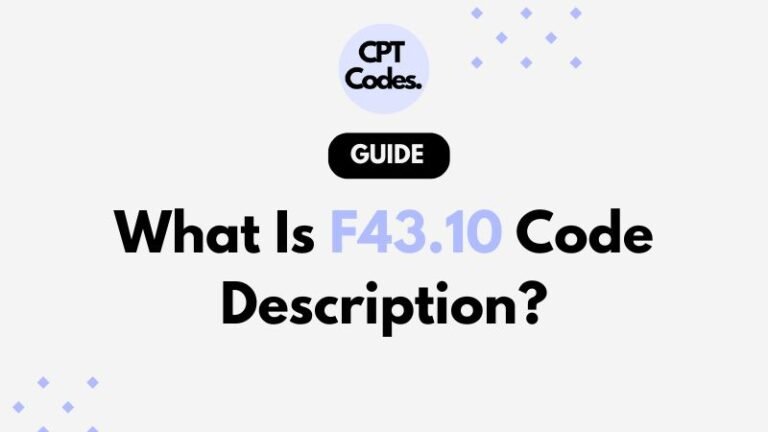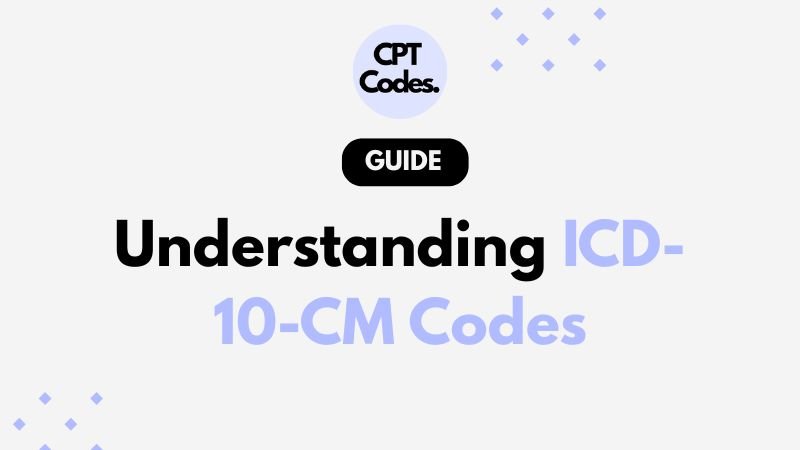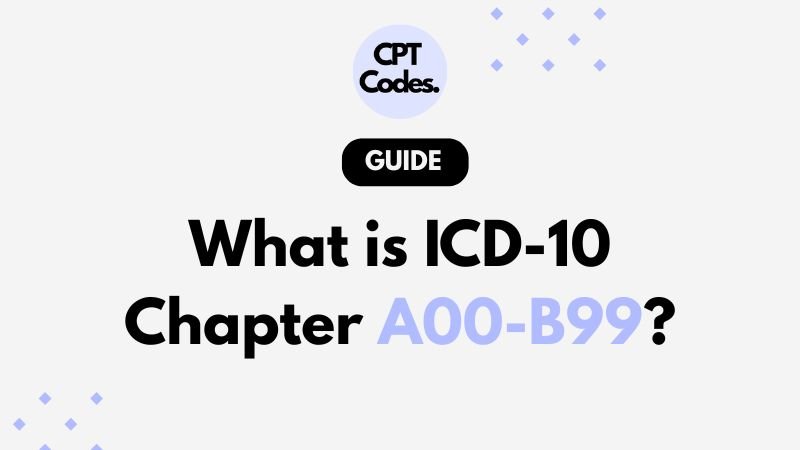ICD-10 Code: F43.10 – Post-Traumatic Stress Disorder, Unspecified
Overview of F43.10
The ICD-10 code F43.10 represents Post-Traumatic Stress Disorder (PTSD), unspecified.
This code is used when a patient shows signs and symptoms of PTSD, but the medical documentation does not specify whether the condition is acute, chronic, or with delayed onset.
PTSD is a mental health condition that develops after a person experiences or witnesses a traumatic event, such as a serious accident, assault, combat exposure, or natural disaster.
What Does “Unspecified” Mean in F43.10?
In ICD-10 coding, “unspecified” means the provider confirmed the diagnosis (in this case, PTSD) but did not document specific details about the form, severity, or duration of the condition.
For example, if a provider writes “PTSD” in the chart without adding details like “acute” or “chronic,” then F43.10 is the correct code.
Related ICD-10 Codes for PTSD
| Code | Description |
|---|---|
| F43.10 | Post-traumatic stress disorder, unspecified |
| F43.11 | Post-traumatic stress disorder, acute |
| F43.12 | Post-traumatic stress disorder, chronic |
Tip: Always use the most specific code available based on documentation.
If the provider indicates that PTSD is “chronic,” for instance, you should use F43.12 instead of F43.10.
Common Symptoms of PTSD (F43.10)
Individuals diagnosed under F43.10 may experience a range of symptoms that impact their emotional and physical health, including:
- Recurrent, distressing memories or flashbacks of the traumatic event
- Nightmares or sleep disturbances
- Emotional numbness or detachment from others
- Avoidance of reminders associated with the trauma
- Hypervigilance or exaggerated startle response
- Feelings of guilt, anxiety, or depression
The severity and duration of symptoms can vary widely, which is why the unspecified code is used when these details are not clear.
Clinical and Coding Importance
Using the correct ICD-10 code, such as F43.10, is important for:
- Accurate medical documentation
- Insurance billing and reimbursement
- Tracking mental health trends and outcomes
- Facilitating proper treatment planning and continuity of care
When providers include more detailed notes, coders can use more specific PTSD codes (F43.11 or F43.12) for better data accuracy.
Example of Clinical Use
Scenario:
A 30-year-old patient reports anxiety, flashbacks, and nightmares following a serious car accident. The provider diagnoses PTSD but does not specify whether it is acute or chronic.
Appropriate ICD-10 Code: F43.10 – Post-traumatic stress disorder, unspecified
Key Takeaways
- F43.10 is used when PTSD is diagnosed but not otherwise specified as acute or chronic.
- It falls under the category F43 – Reaction to severe stress, and adjustment disorders.
- Always use documentation to determine whether a more specific code (F43.11 or F43.12) is appropriate.
- Correct coding supports accurate diagnosis tracking and reimbursement.



